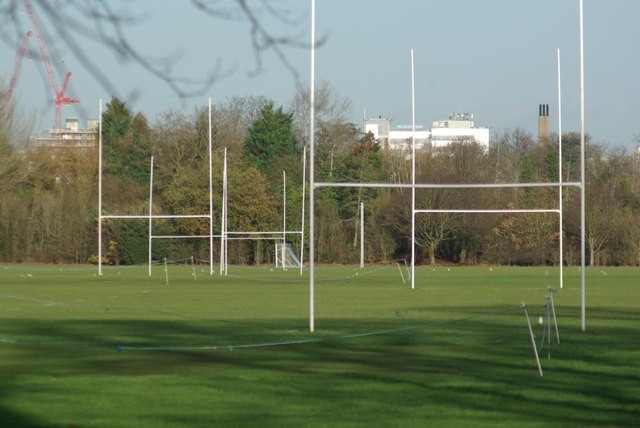

Having picked the low hanging fruit of working out where you are today, the next step has to be working out what your goals are. Setting out what you want to do, where you want to be and when, can be very daunting and often this is where it can be easier to move the goalposts to where you are at the moment instead.
Asking anyone what their overarching goals are or where they want to be in 30 years time is likely to put them in a very difficult position. These are the sort of big questions that our minds can struggle to get to grips with, in the same way that they struggle to get to grips with how far away the Sun actually is or how big the UK National Debt really is.
However, if you are going to plan, and you know where you are now, you have to have an idea of where you want to get to. If you just get in your car and drive, your sat nav becomes nothing more than a record of where you are at the moment. It needs a destination in order to do anything useful for you.
The other thing that you can find if you ask that sort of a question is that, without context, the answers can be affected by who it is that is asking the question. So if it is a financial adviser, the tendency can be to think in financial terms; if it is a doctor the tendency can be to think in medical terms. So the environment in which the question is asked affects the answers that are given.
I know that some people suggest asking ourself what you would do if you won the lottery and money was no object. The problem that you may find with this is again that with a blank piece of paper and effectively no limitations, it can either be difficult to start or too easy to put down a bunch of things that you feel you ought to. Would you really buy a yacht? Be honest, when did you last go out on a boat of any sort other than a ferry to Ireland or Europe and would you really enjoy being out on the sea for days on end?
The lottery question also tends to bring the thought process back to financial objectives because, although the intention is to try to remove limitations on your objectives that might come from thinking first about how much you have, the question is still framed within a financial context. Ideally you want to get away from thinking in financial terms and only ask the financial questions once you have described what your goals and objectives are.
One thing that you can do is start by simply asking yourself what you really enjoy doing now. You need to be honest with yourself here because the next question is what would you want to do more of if you had the time. Although this may seem a little simple, the point here is firstly to try and produce a framework within which to dream and secondly to get away from another of the problems that can occur, which is to think that you ought to have certain goals because other people do.
For every person that I know who goes on expensive foreign trips to remote or exotic places three or four times a year, I know someone who puts their bikes on the back of their campervan and heads off around the UK and Europe, not because they couldn’t afford the expensive trips but because that’s not really what they want to do. Your life is not a competition with anyone else and setting out what you truly like about your life now is a great way to begin to think about how would design your perfect future.
So it is about being honest with how you want to direct the screenplay of your life rather than buying into somebody else’s version of how your life ought to be and building on what is good about your life now.
By framing the question this way the focus moves from having lots of money to do something with and being able to design your perfect future, to having a limited amount of time to do things in but without a financial limitation.
The focus shifts on to what, and who, is truly important to you and how you would change your life to ensure that you achieve in those five years the things that are truly important to you; away from things that you might buy and towards what might be simple and possibly inexpensive things that really matter to you.
This adds more context to the exercise, by bringing the discussion from the future to the present, but it can also be easy to move to generalisations such as “spending more time with my family”. So it becomes important that you ask yourself follow up questions and aim to get as specific as you can with your answers. If your priority was to spend more time with your husband or wife, what would you spend that time doing? What would you do, where would you go, how often would you want to do that?
The more specific you can be when setting your goals the better, because once you’ve got your goals set you will then need to break them down into a series of steps to achieve them, which will include quantifying the cost of achieving what you want to achieve. You need to be able to walk yourself through the steps to each goal and by being as specific as you can about the goals you make it easier to identify and then walk through the steps.
If you find that you struggle with asking yourself questions, whether it’s the big ones at the start or the detailed ones to get goals that are specific, then the simplest thing is to find somebody else to ask the questions to that you are struggling with. However, you have to then be prepared to answer the questions that you are asked if you are to get anywhere.